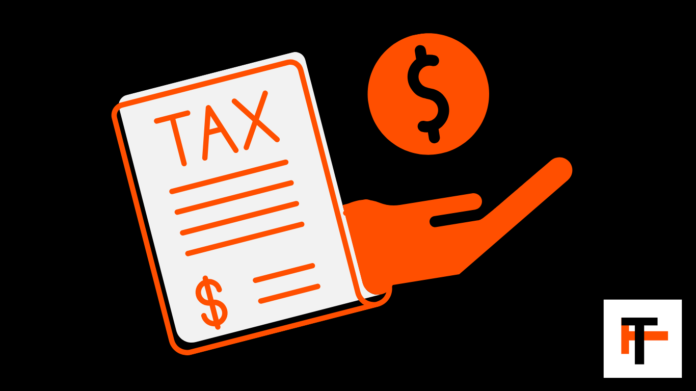To encourage household savings, Tax Free Investments were introduced for South Africans. Tax Free Investment accounts may only be provided by a licensed financial institutions.
With a Tax Free savings or investment account, you do not have to pay income tax, dividends tax or capital gains tax on the returns from these investments however there is an annual as well as a lifetime limit to the contribution amount
The current annual contribution limit is R36 000 and the lifetime contribution limit is R500 000.
Should a person exceed these limits a penalty of 40% above the excess amount above the annual limit (R36 000) will be payable to SARS. For example, if you invest R50 000, then R50 000 – R36 000 results in an excess of R14 000. of which 40% (R5600) will be payable to SARS.
Additionally, if you don not utilize the R36 000 investment amount for the current tax year, it will not rollover into the next tax year.
Anyone including children can have one or more tax free savings account, however the contribution limits remain. So you can only invest R36 000 for the year even if it is split between different tax free savings accounts. For example, you could invest R15 000 into a Standard Bank TFSA account and R21 000 into a Sanlam TFSA account
The great thing about Tax Free Savings Accounts is that returns on your investments do no affect your annual or lifetime limit. So should your investment of R30 000 for the year grow to R36 000, your limit remains unaffected, meaning you are still able to contribute R6000 before you reach your contribution limit.
A drawback of a Tax Free Savings Account is that it cannot be used as a transactional account. If you withdraw funds from your TFSA account, your contribution limit will not be reduced. For example, if You have R20 000 in a TFSA, and you withdraw R5000, you wont be able to deposit the R5000 again, as your contribution for the year won’t return to R20 000, but instead R25 000.
So ensure that you save wisely and reap the full benefits that a tax free savings account has to offer.
The latest contribution limits and the terms for a TFSA can be found on the SARS website.
Accounts that can qualify as tax free investments
Generally most banks offer traditional interest-based savings accounts as a way to get started with TFSA accounts. However there are many other investment types which you as an investor can explore:
Fixed deposits
A fixed deposit is a investment account offered by most banks and financial institutions in South Africa. With this account you can deposit a sum of money for a fixed period like 30 days or 3 Months for example. Most banks allow you to choose your investment period. After you’ve deposited your money you are able to earn interest at a predetermined interest rate. This is a great savings account because it is low risk and usually offers higher interest rates than standard savings accounts.
Unit Trusts
Unit trusts are a type of collective investment which pools funds from multiple investors and then invests those funds into assets such as stocks, bonds and property for example. Unit trusts are managed by asset managers with a focus area for the investment such as growth or income, and in some cases both.
Certain endowment policies
An endowment policy can only be provided by licensed insurers and is a long term investment product which combines savings as will as life insurance. It’s aimed at helping people save for fixed terms between 5-20 years in most instances. Policy holders are eligible for a lump-sum payout at the end of the endowment policy term.
Linked investment products
Linked investment accounts refer to an investment plan where your returns are linked to the underlying assets chosen by the investor. With these accounts, investors can create their own portfolio which is tailored to their unique risk tolerance.
Exchange traded funds (ETFs)
Subject only to ETFs which qualify as collective investment schemes. ETFs are listed and traded on the Johannesburg stock exchange. Similar to individual stocks, ETFs track the performance of a underlying index, commodity, or asset class, for example, mined minerals or companies in a specific sector such as finance. This investment option enables investors to easily diversify their investments and is lower risk versus individual stocks as an ETF may have investments in different companies for example. You are also able to collect dividends and capital growth making this an excellent option for long-term wealth building.
Ensure that the account is a tax free account. Some banks also show you your annual and lifetime contributions versus the limits when you begin investing in these account types.

